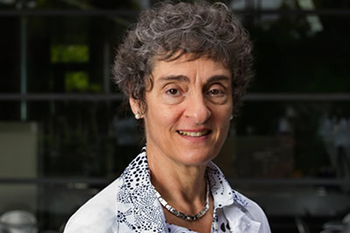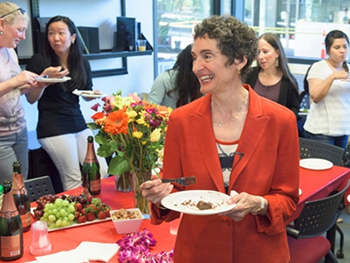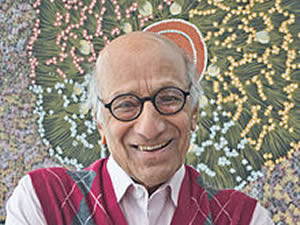Maxwell’s Baobao Zhang Awarded NSF CAREER Grant to Study Generative AI in the Workplace
Baobao Zhang, associate professor of political science and Maxwell Dean Associate Professor of the Politics of AI, has received a National Science Foundation Faculty Early Career Development (CAREER) Award for $567,491 to support her project, “Future of Generative Artificial Intelligence…




